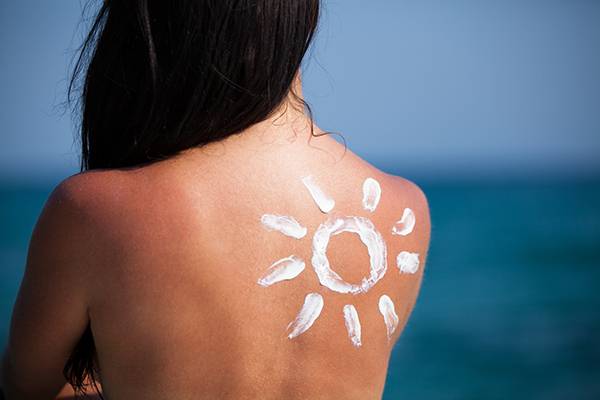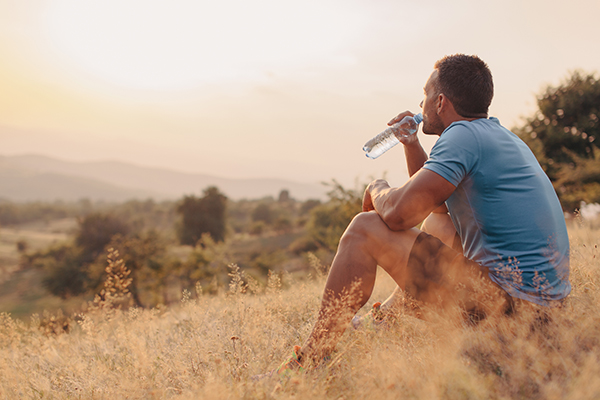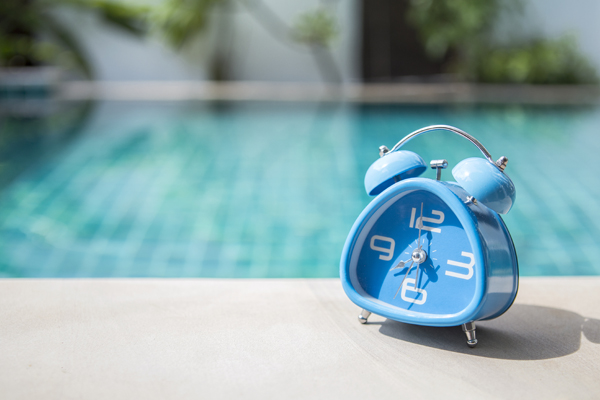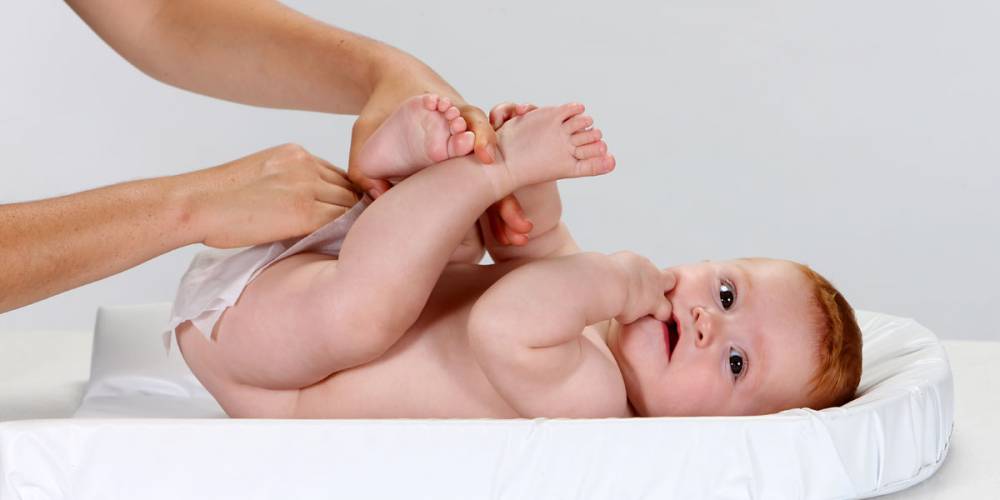Summer tips
When the summer season arrives, any precaution is welcome to avoid heat stroke, bites, overexposure to the sun or other setbacks. Follow our advice and enjoy a safe summer!
health and beauty
Share

1. Take care in the sun
To avoid dizziness, burns or heat stroke, it is important to wear a hat and sun cream, as well as cool clothing and to drink lots of liquids. It is also recommended not to sunbathe between 11am and 2pm, frequently re-apply sun cream and use sunglasses with UV protection.
2. Cuts
Make sure that surfaces, especially on beaches and swimming pools, which is where you spend more time without shoes, are free from elements that may cause cuts or wounds. Exercise caution, in particular, if there are young children around.
3. Bites
It is worth avoiding, as far as possible, being bitten by any insect. But often it is unavoidable. If you experience skin inflammation, swelling, pain or stinging, you can wash the area with soap and water, apply some ice with a towel and put an anti-inflammatory and anti-histamine cream on the area.
4. Hydration
It is important to avoid dizziness and heat stroke. Try to drink at least 2 litres of water every day and eat a balanced diet which predominately contains fresh foods. Also avoid large meals.

5. In the swimming pool and on the beach
Watch children at all times and don’t leave them alone in or near the water. In addition, respect the two hours break between eating and bathing, to avoid indigestion and be careful not to slip.
6. Foods and heat
During summer is when you should take extra care with food, so you don’t get food poisoning. Don’t break the cold chain, always defrost food in the fridge and avoid using eggs, sauces, or creams if you are going to be outside, this will all help to improve food safety.
7. Bathing
It is recommended that you enter the water little by little, especially after sunbathing. Swim where you can stand up and avoid playing dangerous or silly games such as putting people’s heads under water, which can cause cervical or back problems.

8. Clothing
Wear cool clothing, preferably cotton and light colours. These don’t absorb as much heat and allow the skin to breathe, which is essential to combat heat better. Don’t forget to wear a hat when you are directly exposed to the sun.
9. If you have air conditioning
It is one of the best allies when it comes to combating the heat, but it is also one of the things you should be most careful with to avoid heatstroke. You shouldn’t have it at less than 22ºC, both in the house and the car, so the difference in outside temperature is not so sharp.

Toallitas húmedas
¿Cuántos tipos hay y para qué sirven?
Toallitas húmedas






